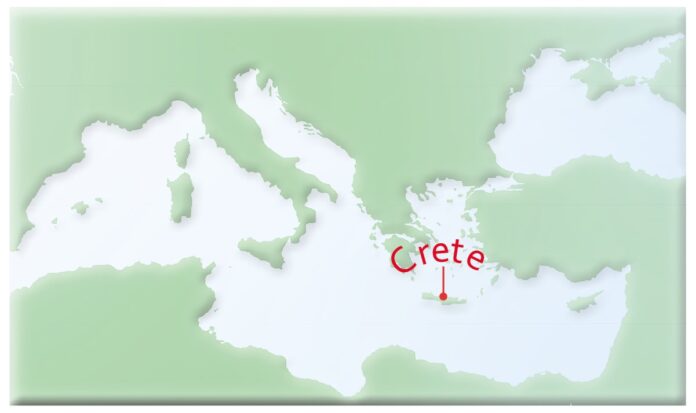TITUS WAS A GREEK and, like Timothy, seems to have been a convert of the Apostle Paul. In this letter Titus is addressed as a ‘true child in a common faith’ (Titus 1:4; compare 1 Timothy 1:2). The ‘common faith’ was the true Gospel, preached by the apostles. It is vital that we also hold this, as the letter says.
Paul’s first visit to Crete was on his journey to Rome, under arrest, just before the shipwreck (Acts 27:7–8). On being released from prison in Rome he evidently visited Crete with Titus, leaving the younger man there to ’put what remained into order, and appoint elders in every town as I directed you’ (Titus 1:5). There may have been many congregations on the island.
‘Insubordinate, empty talkers and deceivers’ (1:10) who stirred up division (3:10) were threatening to turn the members from the Truth. As in other places, such as Galatia, the followers of Christ were in danger of being misled by ‘Jewish myths’ (1:14). Historically, the Cretans had gained a bad reputation. Even one of their own poets (Epimenides, 600 bc) had called them ‘liars’ and ‘evil beasts’, as Paul reminded Titus (1:12). Believers must be different, and ‘overseers’ (or elders) in particular should show Godly qualities and be free of the vices of the world—see 1:6–9.
Sound in the Faith
As in the letters to Timothy, Paul stresses the need for ‘sound doctrine’ (1:9; 2:1)—that is believing and teaching the right things. Believers must hold fast ‘the trustworthy word’ (1:9); they must be ‘sound in the faith’ (1:13; 2:2), and set a good example of honesty (3:14). All these words and phrases show how important doctrine is, as a basis for the Christian life.
The letter to Titus exhorts slaves (of which there were many in the First Century churches) ‘to be submissive to their own masters’ (2:9); and all believers are ‘to be submissive to rulers and authorities’ (3:1).
Norman Owen
By kind permission of ‘The Christadelphian’
Some interesting links with other parts of the Bible:
- Titus 1:2; 2:13; 3:7—see 2 Timothy 1:1; Philippians 3:20; Romans 8:24.
- Titus 2:14—see Deuteronomy 7:7; 1 Peter 2:9.
- Titus 3:10—see Matthew 18:17; Romans 16:17.

